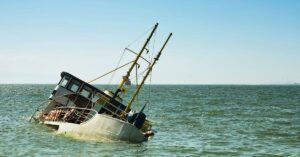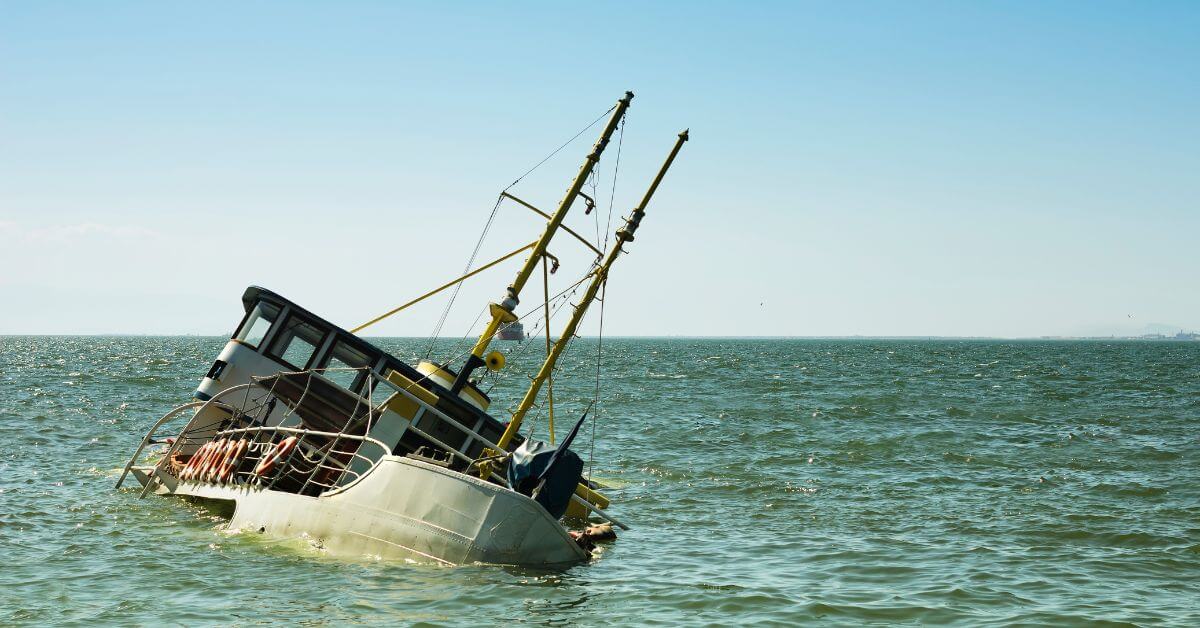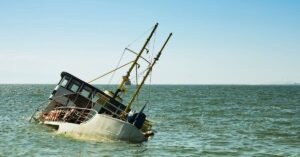
U.S Donates Patrol Boats To Vietnam Under $12.5M Aid To Strengthen Maritime Law Enforcement
December 6, 2024
Container Ship Collides With Autonomous Barge In Rotterdam, Spilling Several Containers In Water
December 6, 2024

A historic research vessel in Argentina, the Capitan Canepa, sank unexpectedly on December 4, just days before it was set to become part of an artificial reef.
The ship, which was part of Argentina’s marine research for decades, went down at the Mar del Plata Naval Base. The Capitan Canepa was built in 1964 as a fishing vessel but was later bought by Argentina’s National Fisheries Institute (INIDEP) in 1979 to be used for research.
Over the next 40 years, the ship completed more than 200 scientific missions, studying the ocean and fish populations. It even helped with search and rescue operations during the Falklands conflict in 1982.
The ship gained the love and respect of many former crew members who remembered it as a welcoming place to work. Years of hard work, combined with a lack of maintenance due to labour disputes, caused the ship to deteriorate.
By 2019, it was decommissioned, and plans were made to turn it into an artificial reef at the Cristo Rey underwater park. This project was intended to help marine life thrive while giving the ship a meaningful final purpose.
But before the ship could be towed to its final resting place, the Capitan Canepa suddenly sank, while it was still docked at the Mar del Plata Naval Base.
Initial investigations reveal that the ship’s old, weakened hull allowed water to seep in, causing it to go down.
Fortunately, no one was onboard when it sank, and the ship had already been stripped of harmful materials, so there was no environmental harm.
Emergency pollution control teams were immediately deployed to make sure the surrounding waters stayed safe.
Local news outlet Pescare described the sinking as a fitting end for a ship that had spent so many years on the water. Instead of heading for the scrapyard, the Capitan Canepa sank peacefully in the waters it had travelled for decades. It will still become part of the ocean ecosystem as an artificial reef.
References: nauticalvoice, eolog
Source: Maritime Shipping News


